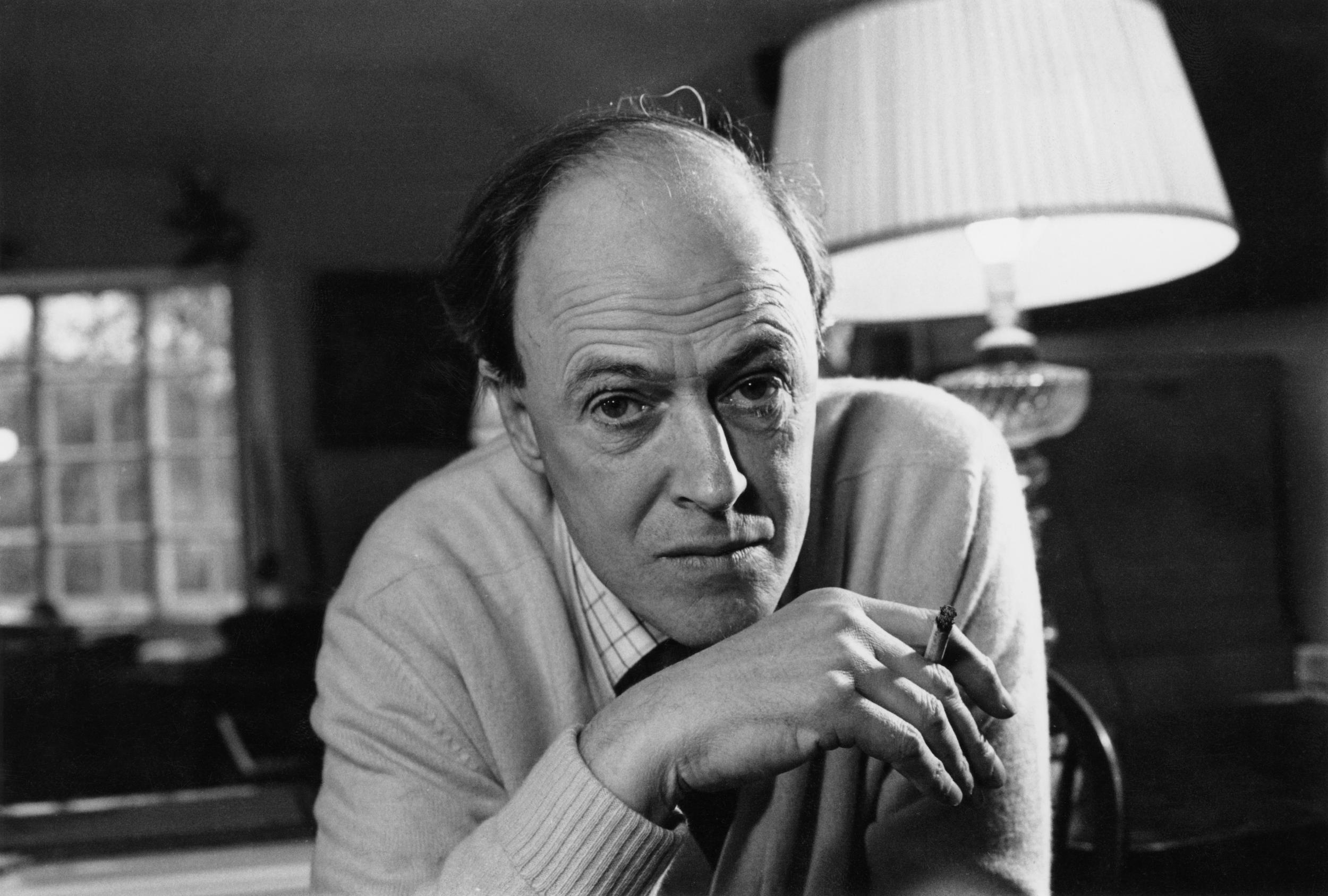Roald Dahl Day: From Tales of the Unexpected to Switch Bitch, Dahl's undervalued stories for adults
How Dahl brought his macabre, unsentimental outlook to tales which showed adults the ways of the real world

Roald Dahl let children thrive in a world of whimsy - of "Twits" and "whizzpop" - but neither did he shield them from reality: his stories were always so unsentimental, so macabre in their attitude. Whimsy was a vehicle to teach the ways of the world.
To adults, he presented things simply as they were. Little known, in comparison to Matilda or Charlie and the Chocolate Factory, Dahl enjoyed a parallel career penning (largely) macabre and twist-filled short stories for adults.
For the most part, they appeared far away from the peering eyes of children in editions of Collier's, Ladies Home Journal, Harper's, Playboy, or The New Yorker; he did, however, publish several anthologies of his works.
1960's Kiss Kiss collects some of his most morbid work together, an amplification of the darkest parts of his stories for children; again and again, we see nasty surprises and untimely ends for our characters. Some are more deserved, others far less so.
A harassed wife leaves her husband to die in a trapped elevator. A bed and breakfast owner poisons her guests and stuffs them. A mother prays for her frail infant son's survival, only for the revelation the child is Adolf Hitler.
A beekeeper feeds his child royal jelly, discovering the child has grown "fat and white and comatose, like some gigantic grub that was approaching the end of its larval life and would soon emerge into the world complete with mandibles and wings."
NPR's Zoe Chace once described what a strange, and profound effect, coming across Kiss Kiss as a child had on her. "Reading Kiss Kiss is one of the first times I can remember a real-life truth staring back at me from a book," she stated. "I hadn't yet thought about the nasty tricks adults play on each other just to hurt each other. Particularly, married adults who aren't in love and who might know the others weakness best."
1974's Switch Bitch, meanwhile, collects together four stories of sexual indiscretion published for Playboy. Two of the stories, The Visitor and Bitch, centre on the character of Uncle Oswald, whose elaborate misadventures are documented in a series of diary entries.
However, most familiar will be Dahl's Tales of the Unexpected, which includes some entries from Kiss Kiss, published in 1979; a TV show of the same name aired on ITV between 1979 and 1988, adapting many of Dahl's short stories and featuring introductions from the author himself.

The anthology notably includes Lamb to the Slaughter, which was also adapted for TV for an episode of Alfred Hitchcock Presents; it sees a wife murder her husband with a frozen leg of lamb, which she then cooks and serves to the police as a way of destroying the evidence.
When officers suggest the murder weapon is "probably right under our very noses", she can't help but giggle.
Join our commenting forum
Join thought-provoking conversations, follow other Independent readers and see their replies
Comments
Bookmark popover
Removed from bookmarks